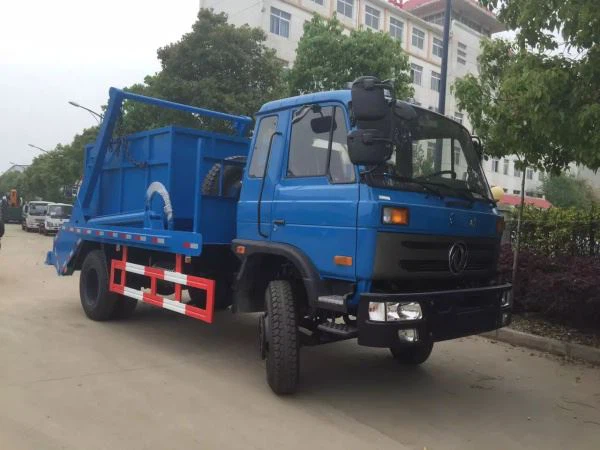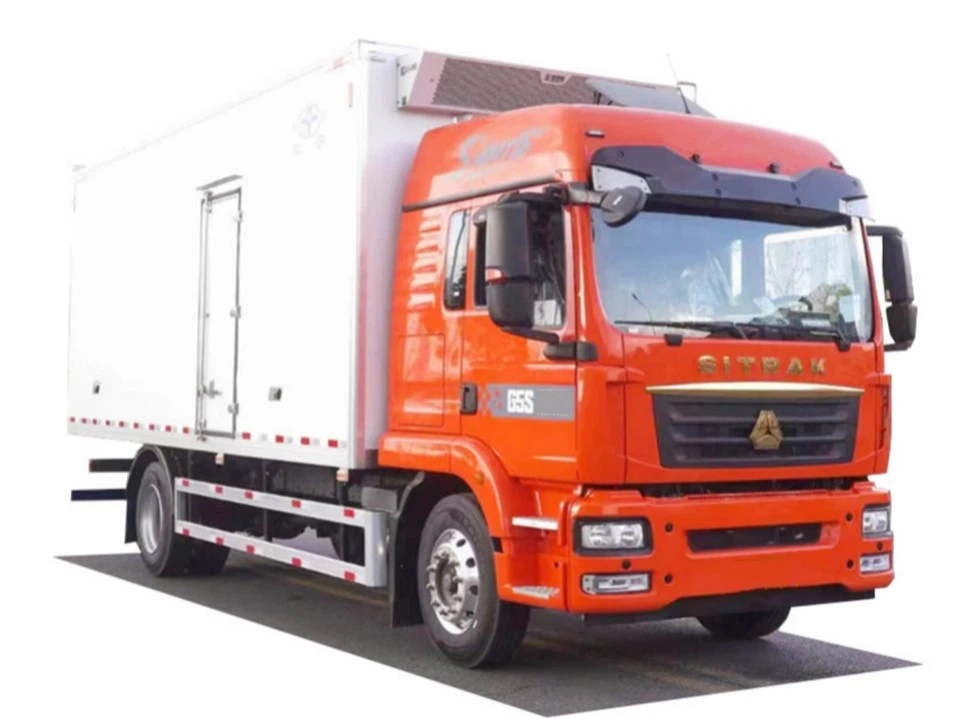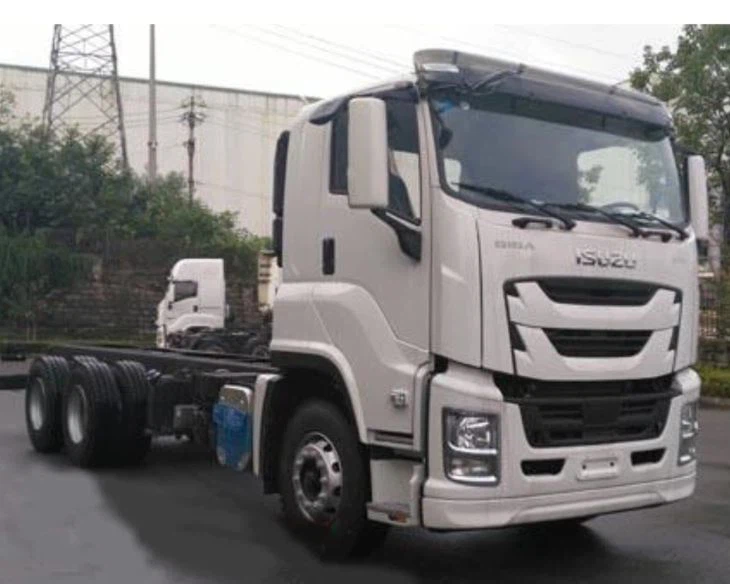Truck Haulers: A Comprehensive Guide to the Industry

Introduction
Truck haulers play a vital role in the logistics and transportation industry. They serve as the backbone of goods movement across cities, states, and even countries. This article dives deep into the world of truck haulers, exploring their significance, types, benefits, and challenges. Whether you’re a seasoned trucker, an aspiring owner-operator, or simply interested in the logistics field, this guide will provide valuable insights and practical tips.
The Role of Truck Haulers in Transportation
Truck haulers are responsible for transporting a wide range of goods, including raw materials, finished products, and even hazardous materials. These professionals ensure that freight reaches its destination safely and efficiently. With the growth of e-commerce and consumer demand for quick deliveries, the importance of truck haulers has significantly increased.
What is a Truck Hauler?
A truck hauler is a company or individual that operates trucks to transport goods from one location to another. They can range from large freight companies managing a fleet of vehicles to independent owner-operators with a single truck.

Types of Truck Haulers
Understanding the different types of truck haulers can help businesses choose the right services for their needs.
- Flatbed Haulers: Ideal for oversized or heavy loads that cannot fit into a standard truck trailer.
- Refrigerated Haulers: Used for transporting goods that require temperature control, such as perishable items.
- Tanker Haulers: Specialize in transporting liquids including chemicals, fuel, and food products.
- Dry Van Haulers: The most common type of truck hauler that transports standard freight in an enclosed trailer.
Benefits of Using Truck Haulers
Truck haulers offer numerous benefits, making them a preferred choice for many businesses.
Cost-Effective Solutions
Outsourcing transportation to truck haulers often proves to be more cost-effective than maintaining an in-house fleet, especially for small to medium-sized businesses.
Flexibility and Scalability
Truck haulers can adapt to the varying demands of a business, offering additional trucks during peak seasons and reducing services during slower periods.
Expertise and Efficiency
Many truck haulers are seasoned professionals with extensive knowledge of logistics, routes, and regulations, ensuring goods are delivered safely and on time.
Challenges Faced by Truck Haulers
Despite the benefits, truck haulers face several challenges that can impact their operations.
Regulatory Compliance
Truck haulers must adhere to a complex web of regulations governing safety, emissions, and truck maintenance, which can be challenging and time-consuming.
Rising Fuel Costs
Fuel is one of the largest operational costs for truck haulers. Fluctuations in oil prices can significantly impact the profitability of hauling operations.
Driver Shortage
The trucking industry has been grappling with a chronic shortage of qualified drivers, making it difficult for haulers to meet demand.
How to Choose the Right Truck Hauler
Selecting the right truck hauler is crucial for businesses looking to optimize their logistics operations.
Evaluate Experience and Reputation
Research potential truck haulers to assess their experience in the industry and review customer feedback and ratings.
Check Insurance and Licensing
Ensure that the hauler has the appropriate licenses and insurance coverage to operate legally and protect your goods during transit.
Compare Costs
Get quotes from multiple truck haulers and compare their pricing structures to find the most cost-effective option without compromising on service quality.
Practical Tips for Truck Haulers
Successful truck haulers often implement specific strategies to enhance their operations.
Invest in Technology
Utilizing transportation management software can streamline operations, optimize routes, and improve communication with customers.

Regular Maintenance of Trucks
Maintaining trucks in good working condition minimizes breakdowns and ensures compliance with safety regulations, reducing downtime.
Build Relationships with Clients
Strong relationships with clients foster trust and encourage repeat business, essential for long-term success in the trucking industry.
The Future of Truck Hauling
The truck hauling industry is evolving, driven by technology advancements and changing consumer behavior.
Automation and Self-Driving Trucks
Self-driving technology has the potential to reshape the logistics landscape, although widespread adoption is still years away.
Sustainability Initiatives
Many truck haulers are exploring greener alternatives, such as electric trucks and eco-friendly fuel options, to reduce their carbon footprint.
Increased Demand for Last-Mile Delivery
As e-commerce grows, the demand for truck haulers who can offer efficient last-mile delivery solutions is increasing.
Frequently Asked Questions (FAQs)

1. What is the difference between freight brokers and truck haulers?
Freight brokers act as intermediaries between shippers and truck haulers, while truck haulers are the ones who physically transport the goods.
2. How do truck haulers maintain safety on the road?
Truck haulers maintain safety through regular vehicle inspections, adherence to speed limits, fatigue management practices, and training for drivers on safe driving practices.
3. What are the average costs of hiring a truck hauler?
The costs of hiring a truck hauler can vary significantly based on factors such as distance, type of cargo, and market conditions but generally range from $1.50 to $3.00 per mile.
4. Can truck haulers transport hazardous materials?
Yes, but they require special licensing and training to handle and transport hazardous materials safely.
5. How can I ensure my goods are protected during transport?
Select a reputable truck hauler with adequate insurance coverage, and ensure proper packaging and labeling of your goods to mitigate damages.
6. What are the licensing requirements for truck haulers?
Licensing requirements vary by state, but most truck haulers need a Commercial Driver’s License (CDL) and must comply with federal and state regulations.
